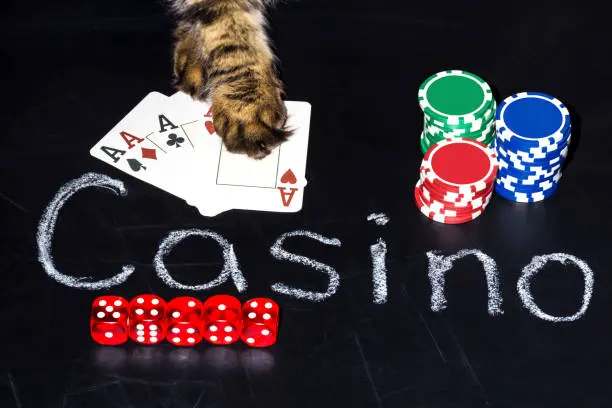
Treating Adult Gaming Addiction: Pathways to Recovery
- Admin
Gaming addiction is not limited to adolescents; it can affect adults of all ages and backgrounds, presenting unique challenges and complexities. For adults struggling with gaming addiction, seeking treatment is a crucial step towards reclaiming control over their lives and fostering a healthier relationship with gaming. In this article, we'll explore effective treatment approaches and strategies tailored specifically for adult gaming addiction.
Comprehensive Assessment and Diagnosis:
The first step in treating adult gaming addiction is conducting a comprehensive assessment to evaluate the severity of the addiction and identify any underlying factors contributing to the problem. This may involve screening for co-occurring mental health disorders such as depression, anxiety, or ADHD, as well as assessing the individual's social and environmental context. A thorough diagnosis enables clinicians to develop a personalized treatment plan that addresses the unique needs and challenges of each individual.
Cognitive-Behavioral Therapy (CBT):
Cognitive-behavioral therapy (CBT) is one of the most widely used and effective therapeutic approaches for treating gaming addiction in adults. CBT helps individuals identify and challenge distorted thoughts and beliefs about gaming, develop coping strategies to manage cravings and triggers, and learn healthier ways of coping with stress and negative emotions. Through individual or group therapy sessions, adults can gain insight into the underlying factors driving their gaming addiction and acquire skills to overcome it.
Family Therapy and Support:
In many cases, gaming addiction can strain relationships with family members and loved ones. Family therapy can play a vital role in addressing relational dynamics, improving communication, and fostering a supportive environment for recovery. By involving family members in the treatment process, adults can rebuild trust, repair damaged relationships, and establish healthy boundaries around gaming behavior. Additionally, family members can provide invaluable support and encouragement as individuals navigate the challenges of recovery.
Support Groups and Peer Support:
Participating in support groups and peer-led communities can provide adults with a sense of belonging, validation, and understanding as they work towards overcoming gaming addiction. Support groups offer a platform for individuals to share their experiences, challenges, and successes with others who can relate. Peer support fosters a sense of camaraderie and accountability, motivating adults to stay committed to their recovery journey and offering practical tips and strategies for staying on track.
Mindfulness and Self-Care Practices:
Integrating mindfulness and self-care practices into the treatment plan can help adults manage stress, regulate emotions, and cultivate greater self-awareness. Mindfulness techniques such as meditation, deep breathing exercises, and progressive muscle relaxation can help adults develop greater resilience and emotional regulation skills, reducing the urge to escape into gaming as a coping mechanism. Additionally, prioritizing self-care activities such as exercise, hobbies, and socializing enhances overall well-being and reduces reliance on gaming for fulfillment.
Conclusion:
Treating adult gaming addiction requires a holistic and personalized approach that addresses the underlying factors contributing to the addiction and empowers individuals to develop healthier coping strategies and behaviors. Through comprehensive assessment, cognitive-behavioral therapy, family therapy, support groups, mindfulness practices, and self-care activities, adults can embark on a journey of recovery and reclaim control over their lives. By seeking treatment and embracing the support of professionals and peers, adults can overcome gaming addiction and build a more fulfilling and balanced life.
